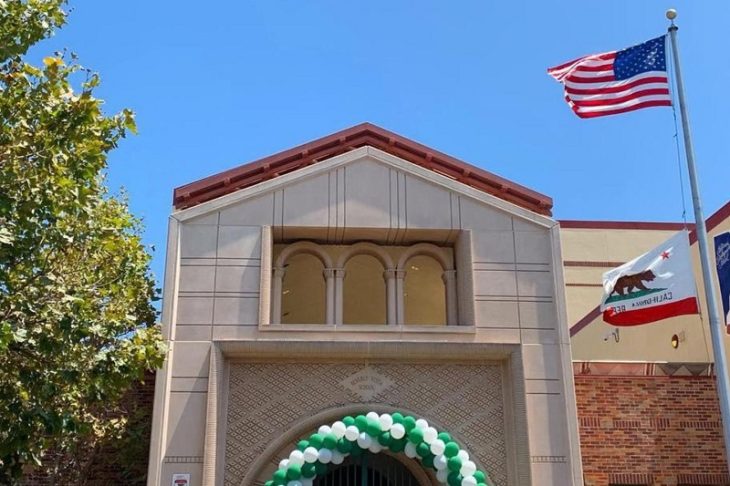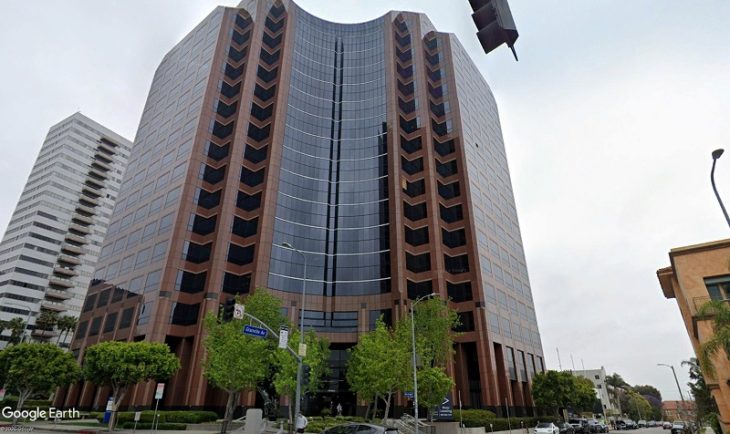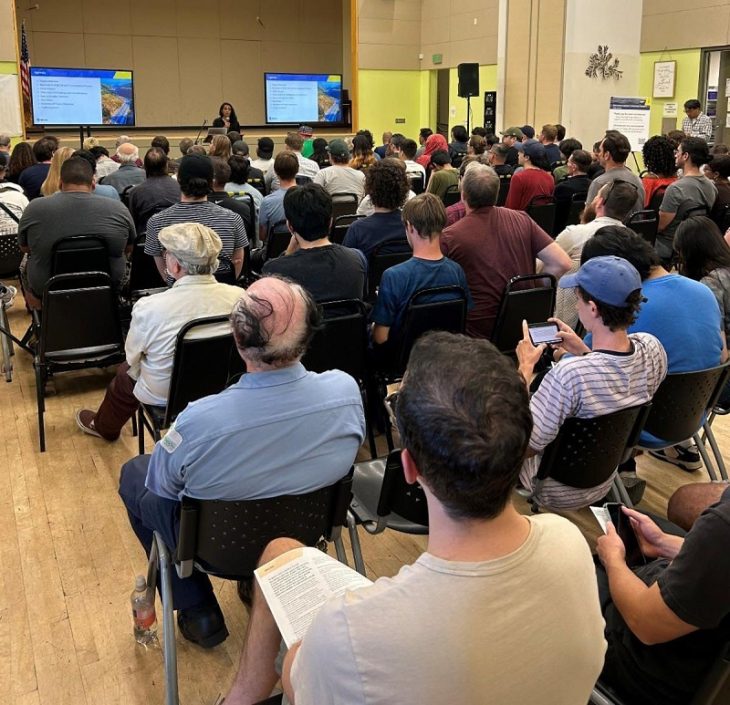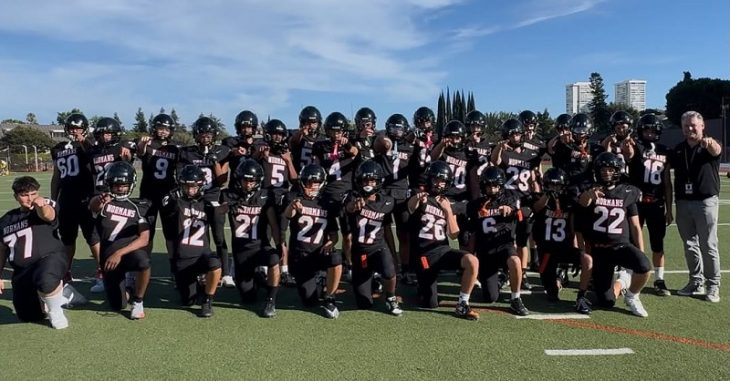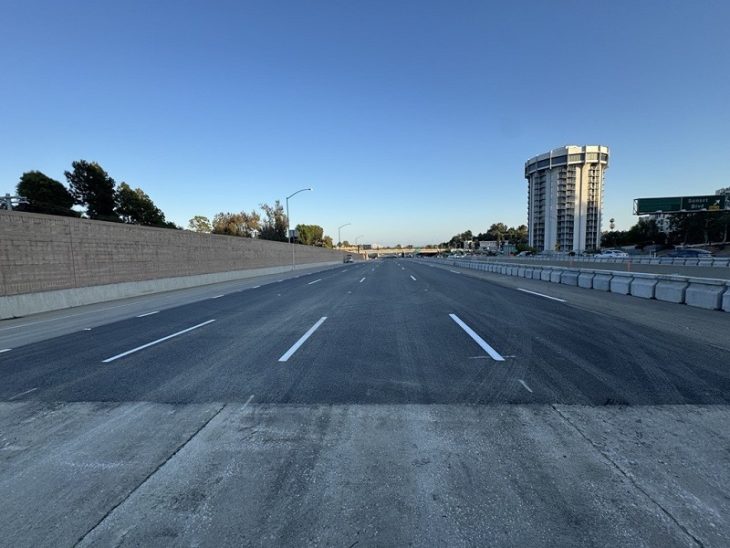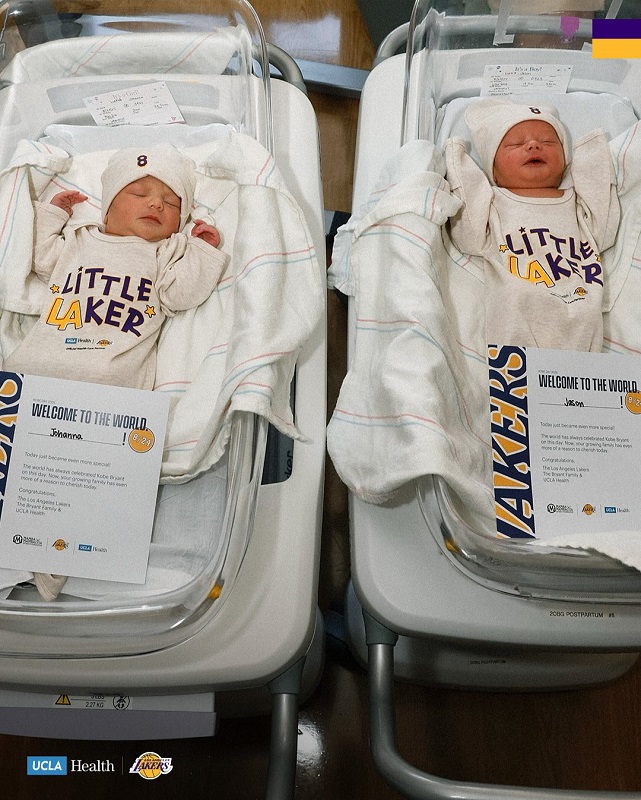
Malibu is cracking down on short term rentals listed on popular vacation rental websites such as Airbnb, FlipKey, and VRBO, as part of an effort to protect neighborhoods from turning into what one councilwoman called “hotel zones.”
There are more than 60 websites that list short-term rentals in Malibu not in compliance with City laws that require property owners to register and pay a 12 percent transient occupancy tax, according to city officials.
“What’s happening in a number of different neighborhoods is that people are renting their homes out three-to-four times a week, turning certain neighborhoods in hotel zones,” Councilwoman Laura Zahn Rosenthal said. “It is really incredibly inappropriate.”
The council voted this month to issue subpoenas to the websites that advertise short-term leases.
Because the properties are not registered, the city does not know whom to call when there are problems such as loud noise, trash or parking issues, especially in the neigborhoods of Broad Beach and the Malibu Colony, Rosenthal said.
“We don’t want to send Sheriff’s there,” the councilwoman said. “That’s not a very useful way to have our sheriff’s to perform in our city. We really need them on Pacific Coast Highway and dealing with other issues.”
Airbnb has reached an agreement with cities such as San Francisco and Portland, Ore., to collect the tax and pay them to cities. An Airbnb spokesperson told the Los Angeles Times that they would not comment on Malibu’s subpoenas, but said the company seeks to work with cities.
Only about 50 properties are registered with the city and pay a collective total of about $225,000 per year in city taxes, according to the City.
The goal is not to ban short-term rentals, according to Rosenthal.
“We only have 100 hotel rooms in Malibu, so it’s difficult to stay here in the summer,” Rosenthal said. “It’s nice to be able to stay here in a home.”
Many Malibu residents rent out their home during the summer months to help pay property taxes and supplement their income, she said.
The tax revenue could go to help boost law-enforcement efforts, beach patrols and other city services, especially during the busy summer months.



